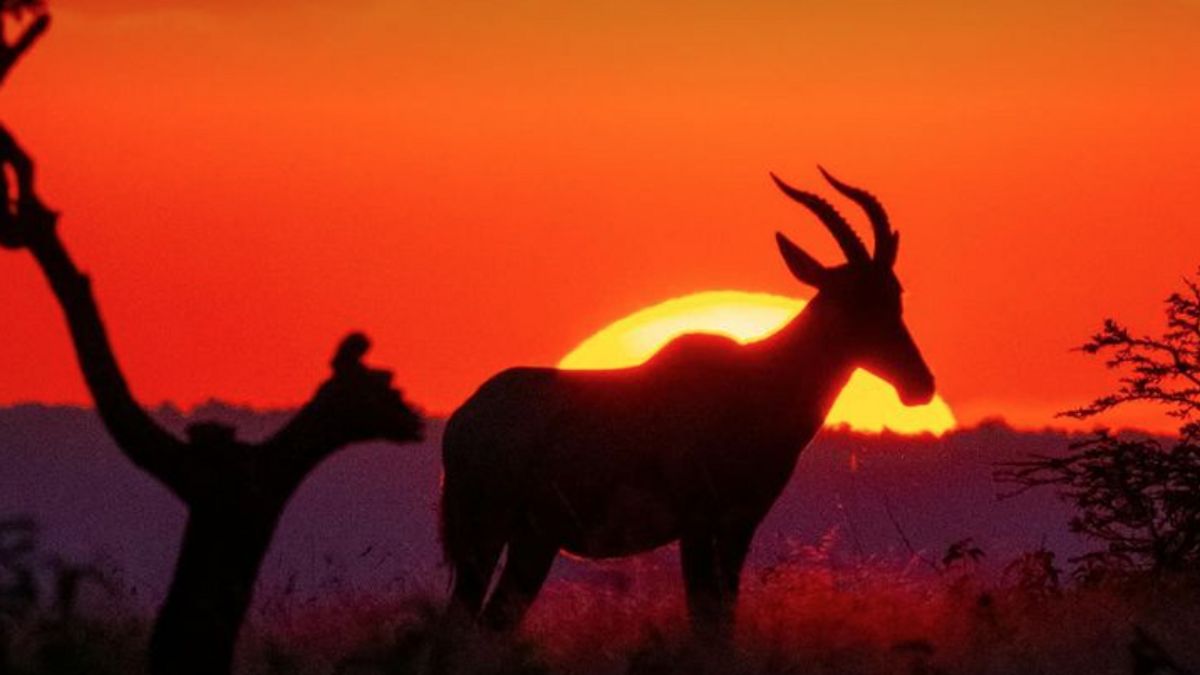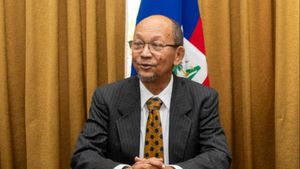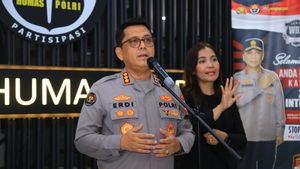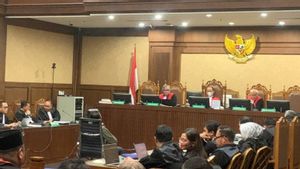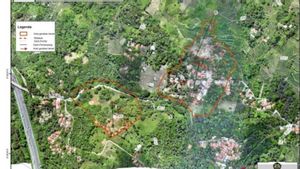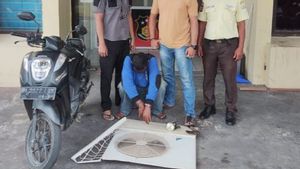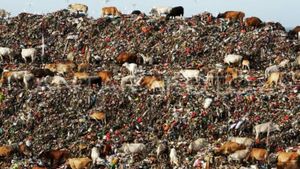JAKARTA - A child who was missing for five days was found safe in the Matusadona national park inhabited by big cats and other wild animals in northern Zimbabwe.
The 7-year-old boy was reported missing from his home on December 27, according to a statement by the Zimbabwean Parks and Wildlife Management Authority (ZimParks).
Joint search operations involving park rangers, police officers and local community members were immediately launched, but heavy rains hindered the effort.
Footprints of humans were found in the Matusadona National Park area on December 30 and the unnamed boy was found on December 31 in the morning.
"It's great, it is estimated that he walked through the hard terrain in the Lion-filled Matusadona National Park 49 kilometers (30 miles) from his village to the point where he was found," ZimParks said.
"He survives by eating wild fruits and digging small holes along the dry riverbank to get groundwater to drink," continued ZimParks.
Now the boy has returned to his family. He was taken to a local clinic for initial examination and then transferred to a local hospital for further medical evaluation.
Mutsa Murombedzi, a member of Zimbabwe Parliament for the province of Mashonaland West, which includes Matusadona National Park, wrote in an X post, "he was very weak when he was rescued and had to be given an IV."
SEE ALSO:
What saves it is a technique that has been studied since a young age in dry areas and prone to drought, namely taking water from the dry riverbanks," continued Murombedzi.
MPs thanked everyone who helped find the child, including the brave parkkeeper and the tireless local community who "recovered gender at night" every day in the hope that the child would hear the sound and return to his home.
"This is proof of the strength of unity, hope, prayer and never give up," he wrote.
Matusadona National Park, which covers an area of about 1,470 square kilometers (570 square miles), once the highest density lion's residence in Africa.
Matusadona is also a habitat for black elephants and rhinos, according to the nonprofit African Parks.
The English, Chinese, Japanese, Arabic, and French versions are automatically generated by the AI. So there may still be inaccuracies in translating, please always see Indonesian as our main language. (system supported by DigitalSiber.id)
